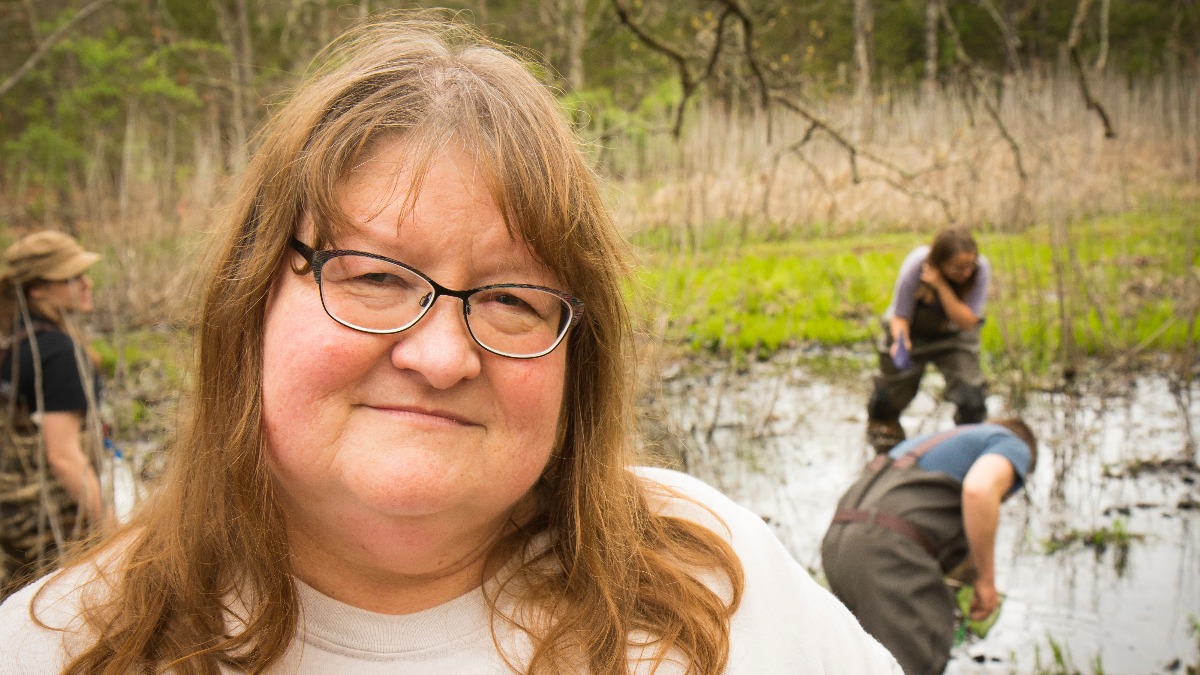What does it mean for a department to be comprehensive?
In the case of the biology department at Missouri State University, it means students receive access to more resources and research opportunities and broader perspectives than they would find in specialized programs.
Dr. Alicia Mathis serves as the department head of biology at Missouri State. She shares how the department can offer students unique opportunities for scientific growth.
Students as leaders in research
In MSU’s biology department, students take an active role in choosing the direction of research projects. They also lead them.
This allows students to learn more about research concepts. It also teaches students the broader practices that drive each project from start to finish.
“With real ownership over their research, students can bring greater passion, joy and integrity to their work,” Mathis said. “These traits can fuel their success in the research community, as well as other areas of life.”
Extending opportunities to all levels of education
Many larger universities’ biology programs focus strongly on student research at the doctoral level, with research by other students being secondary.
MSU has a very strong master’s program in biology. But the department also allows for active involvement of undergraduate students in research.
“We offer student researchers access to key resources at all levels of education,” Mathis said. “A lot of other universities can’t say the same.”
Among the resources available to biology students are research centers, including facilities designed for field work as well as state-of-the-art laboratory research. Through such work, students gain hands-on experience with research outside of classroom labs.
This can give students the confidence they need to enter the workforce after completing their degree program.
Without such experience, the transition from student to industry professional can be daunting, as Mathis experienced herself.
“You just can’t beat the learning experience that comes from engaging in research starting at the undergraduate level,” Mathis said. “With our research opportunities, undergraduate students can contribute to the conversation in the research community instead of just listening to it.”
Building presence in the scientific community
Many undergraduate and graduate biology students have their research published in scientific publications.
Graduate students also share their work at scientific conferences. There, they can connect with professional researchers from all over the world.
“Students’ presentations receive the same respect as other contributors at conferences,” Mathis said. “This can help them understand that they’re not just students, they’re scientists.”
All research in the department serves to help students make the mental transition from student to professional.
This perspective can help students see information from their classes as needed for more than good grades and passing tests.
“It’s so important for students to learn to think of themselves as professionals. Their contributions help advance knowledge among the scientific community, which other people can use and build on,” Mathis said. “In our department, we strive to help students see what they learn everyday as helping them to become better contributors to their profession.”

